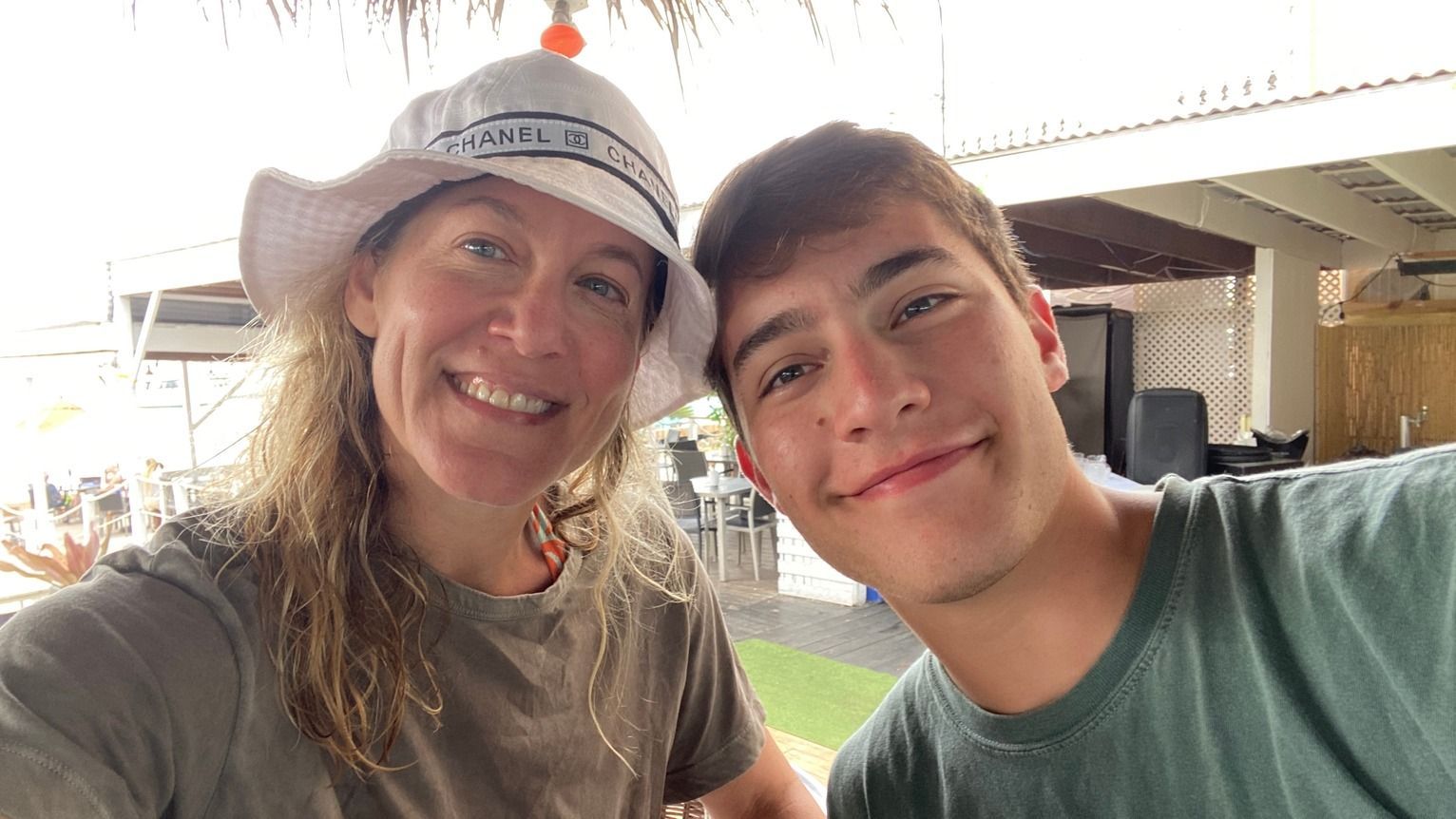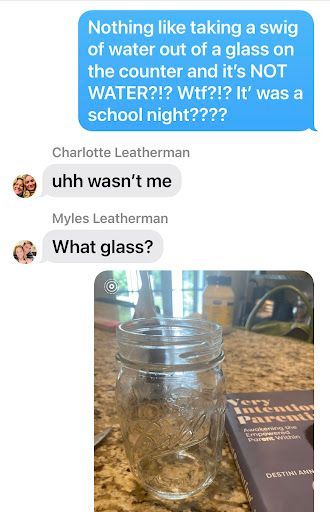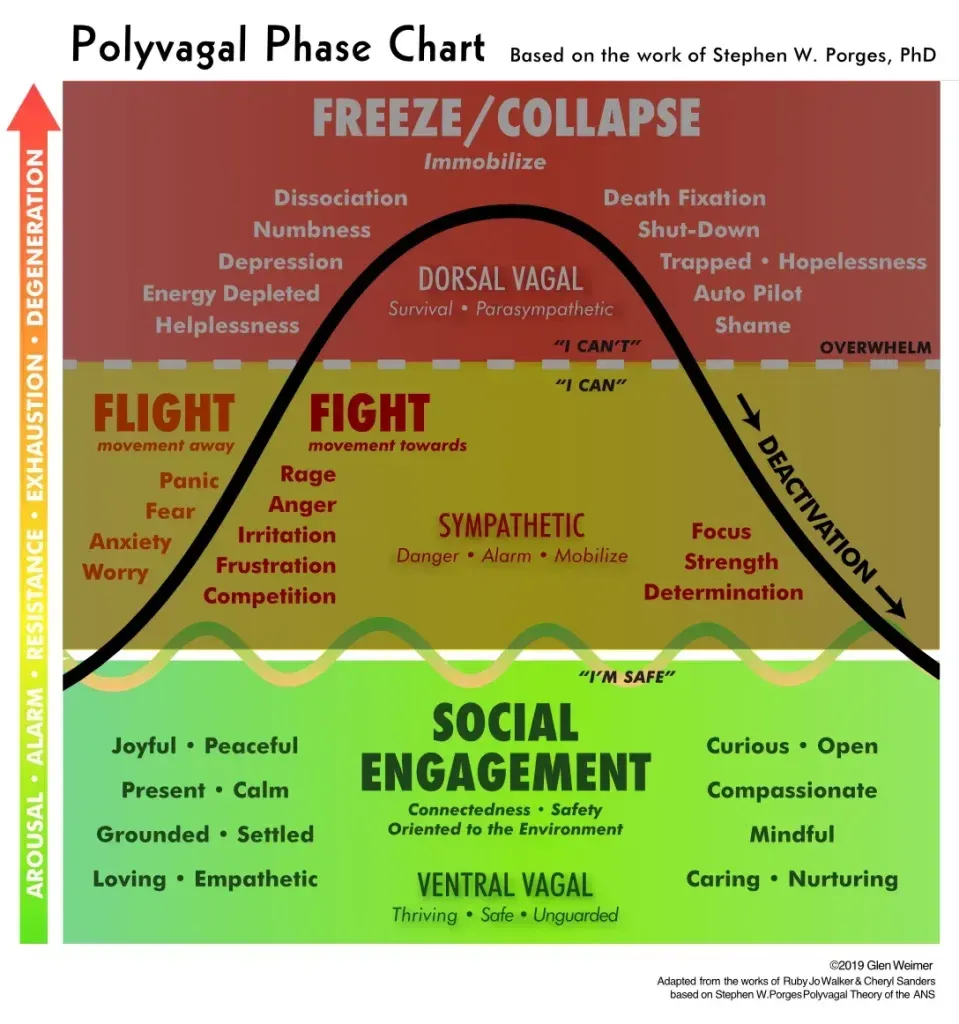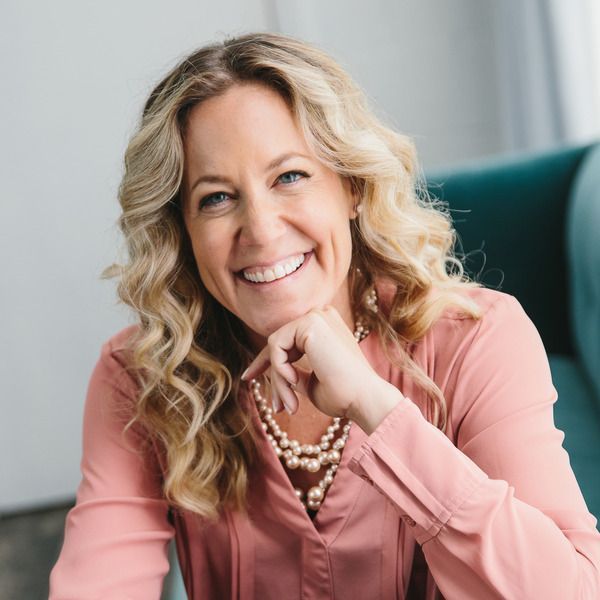Why Not Yelling at Our Kids Matters. Like a Lot. (A Real-life Story)

My sweet, kind, and socially different son fell in love.
In his junior year of high school, he attended a semester program on a farm in Vermont. He’d been struggling in high school with several months of intense panic attacks and crippling anxiety. He didn’t have any friends. Like… zero. As a Montessori kid through 8th grade, it was like he’d landed on a different planet and didn’t understand the language.
So this program was a lifeline. Forty-five kids living together, getting up early each morning to chop wood and milk cows, classes sitting on top of a mountain, and teachers who went by their first names. And Sadie.
Sadie was a New York City kid. She read Sylvia Plath and loved Rodin. Myles = smitten.
They became inseparable, and after the idyllic time in Vermont ended, they tried to keep things going. I wasn’t enamored of the idea of my kid driving to New York from New Hampshire so much, but he was enamored, so I breathed trust into the Universe.
We know where this is headed, right?
Things started to get shaky. With college applications due and the stress of heavy workloads, Myles and Sadie saw less and less of each other. Things grew tense. The writing was on the wall.
One day, I came downstairs after my kids had left for school (yes, parents of littles – the day will come when you get to go to bed earlier and sleep in later than your kids!!). The kitchen was a bit messy, so I started to clean. Picking up what I thought was a glass of water, I took a gulp.
Vodka. It’s Wednesday. What the actual?!?!
I texted both of my kids:

(Yes. We curse in my family. And yes, the irony that Destini’s book about “Awakening The Empowered Parent Within” is in this pic is NOT lost on me.)
I was furious. While my kids and I have established boundaries around alcohol use (parent home, parents aware, nobody leaves), THIS was NOT in the agreement.
And someone was lying. Also, NOT in our family agreements.
I’ll spare you the ridiculous texts that followed… (maybe it was the house cleaners!) and my daughter defending her brother (Mom, it definitely wasn’t him!).
(It was him.) (She didn’t know.) (Kinda sweet, right??!)
Anyway, by the time my son walked into the house after school, I’d worked myself up into a fury. But I have tools. Thank G-d I have tools.
I reminded myself that curiosity is our greatest tool as Peaceful Parents. Ooooh how I wanted to yell, but… not yelling is ALSO in our family culture. I took a deep breath and looked at him.
His face.
His body language.
The slight quiver in his lower lip.
“Oh, honey,” I said. “Did you and Sadie break up last night?”
He crumbled. I held my 6-foot-tall, sweet, kind, socially different child as he sobbed into my shoulder. My heart broke with his.
“Did you drink vodka to not feel… this?”
“Mmm… Mmm hmm.”
And then we talked. Like really talked. I promised him that his heart was strong enough to handle these feelings. That he was strong enough to handle these feelings. That reaching for substances to numb ourselves from them is the worst way to process them and can lead to addiction. And that if he could give himself the gift of letting this pain in, he and his heart would grow stronger. That his work was to feel this. And that I believed in his ability to handle it. Because if he didn’t, he’d create defenses to not feel this again. “And that, my love, is not a great recipe for living a full and expressed life.”
Why Not Yell at Your Child?
Later that evening, I thought back to being a teenager. Being screamed at. Having affection and attention withheld. Being made to feel like a complete and utter failure.
What would have happened if that generational “gift” got loaded up and unleashed on my son at the moment that he was the most vulnerable and in so much pain?
The rift would have been seismic. His mental health probably would have taken a severe turn for the worse. Self-harm would not have been out of the question, given his history.
This is why it’s not about
not yelling at our kids. It’s about seeing them in all of their experiences through a lens of curiosity. It’s about
not judging them but guiding them and arming them with the life lessons that will have them make a better choice next time.
I know that there are a lot of people who believe that “this is how we raise entitled kids.” People believe that yelling at children is a good form of discipline. That yelling at them and making them feel awful is necessary for their growth and development.
But what about their humanity? Their self-worth? The safety required to maintain intimacy and connection?
With no equivocations, these matter more.
Can Yelling At a Child Be Harmful?
Here are some resources that we love about the effects of yelling on children:
Why You Should Stop Yelling at Your Kids,
NY Times,
“Yelling produces results similar to physical punishment in children.”
Short and Long-Term Psychological Effects of Yelling at a Child,
Better Help,
“Yelling at children can have a variety of detrimental psychological effects, such as the development of depression, anxiety, low self-esteem, and behavioral issues.”
The Long-Lasting Effects of Yelling at Your Kids,
Healthline, “It's been shown to have long-term effects, like anxiety, low self-esteem, and increased aggression. It also makes children more susceptible to bullying since their understanding of healthy boundaries and self-respect are skewed.”
6 Ways to Discipline Kids Without Yelling,
Verywell Family, “Studies consistently show that yelling is one of the eight discipline strategies that can make behavior problems worse. This can lead to a downward spiral—yelling leads to bad behavior, which leads to more yelling. Yelling loses effectiveness over time.”
How to Stop Yelling At Your Child
Here are some of our favorite strategies to break the cycle of yelling:
1. Name it to tame it
Rather than keeping how you're feeling inside until the pressure becomes too great and you blow the lid off, speak it. “I’m feeling frustrated.” “I’m feeling angry.” “I’m feeling my face get hot and my chest getting tight.” This is a very effective pressure valve release.
2. Learn the skills of nervous system regulation
Adults have the ability to self-regulate their nervous system.
Children do not. You can not outwit your nervous system. In the polyvagal theory that we rely on heavily in our
Parent Coach Certification Program,
there are three zones: red, yellow, and green:

Source Credit: Stephen W. Porges PhD, Image Credit: Glen Weimer
As we become more attuned to how these zones feel in our physical body, we can conscientiously take action to “take it down.” Tools like humming, cold water in the mouth, putting your tongue on top of your pallet, and even intentionally washing your hands will help lower your temperature.
3. Make “not yelling” a part of your family ethos
Talk to your kids honestly and vulnerably about your intention to yell less. Ask them for ideas. Allow them to collaborate in your own growth. You’ll be amazed at what they come up with to support you. ‘Cause kids are AMAZING.
The bottom line is yelling can hurt our kids when they are already hurting. Our greatest opportunity to teach them about life, its challenges, and the values we hold dear is to maintain the safety of our relationship with them.
The good news is that greatly reducing
the reaction to yell is a learnable skill. We’ve got a great learning guide that shows you how! Download your free copy of
Why Parents Yell at Their Children & How to Stop the Cycle of Trauma
here!
Meet Your Author, Kiva Schuler
Jai Founder and CEO
Kiva’s passion for parenting stemmed from her own childhood experiences of neglect and trauma. Like many of her generation, she had a front row seat to witnessing what she did not want for her own children. And in many ways, Jai is the fulfillment of a promise that she made to herself when she was 16 years old… that when she had children of her own, she would learn to parent them with compassion, consistency and communication.
Kiva is a serial entrepreneur, and has been the marketer behind many transformational brands. Passionate about bringing authenticity and integrity to marketing and sales, she’s a sought after mentor, speaker and coach.
Share This Article:
Curious for more?














